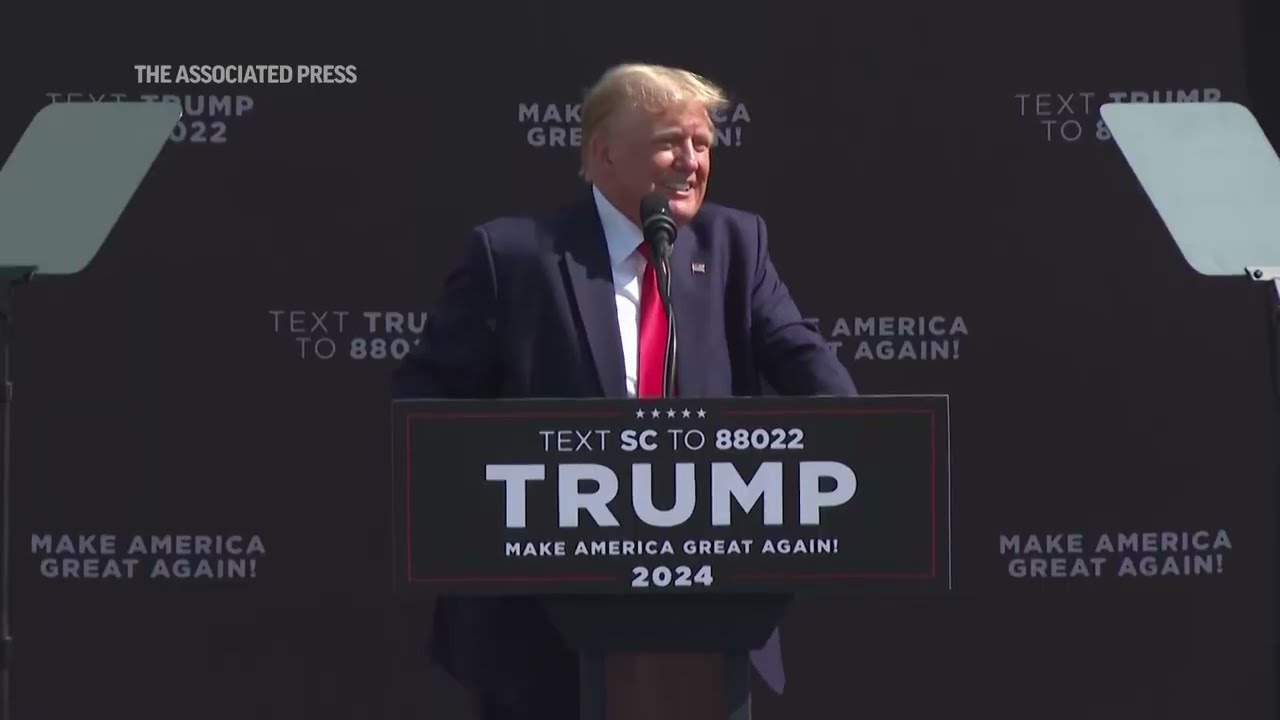The Second Circuit Court of Appeals delivered a significant blow to Michael Cohen on Tuesday, denying his attempt to revive a lawsuit that accused President Trump of misusing his presidential powers to retaliate against him by re-incarcerating him. Cohen, once Trump’s personal attorney and self-proclaimed “fixer,” claimed that his return to prison in July 2020 was an effort to silence him as he promoted a tell-all book critical of Trump.
Cohen’s lawsuit, originally filed in 2021, sought damages under the Bivens doctrine, a legal precedent that allows for damages against federal officials who violate constitutional rights. However, the three-judge panel of the Second Circuit rejected Cohen’s claims, ruling that his case did not meet the narrow criteria for applying Bivens remedies. The court noted that Cohen’s case presented a “new context” because it involved a former president and federal probation officers, which made it unsuitable for expanding Bivens, a doctrine that has rarely been extended since its inception in 1971.
Cohen’s allegations included claims of First Amendment retaliation, Fourth Amendment violations, and Eighth Amendment cruel and unusual punishment. However, the court found that these claims were not sufficient to warrant a new application of the Bivens doctrine. The ruling emphasized that Bivens remedies have been cautiously expanded, with only two recognized extensions in the last 50 years, and Cohen’s case did not justify a further expansion.
Cohen’s legal troubles began in 2018 when he was sentenced to three years in prison for campaign finance violations, tax fraud, and lying to Congress. In 2020, he was transferred to home confinement due to the pandemic, where he began working on his book and making public statements. However, in July 2020, Cohen was summoned to a federal probation office and presented with a new agreement prohibiting media engagements, including promoting his book. Cohen refused to sign, arguing that it violated his First Amendment rights. As a result, federal marshals remanded him back to prison, where he spent 16 days in solitary confinement.
Cohen’s re-incarceration prompted him to file an emergency petition for habeas corpus, which led to a court-ordered release back to home confinement. A district judge described the government’s actions as “retaliatory.” Despite this victory, Cohen pursued a separate civil lawsuit seeking damages from Trump and other officials involved in his re-imprisonment, but the appellate court’s ruling effectively ends that pursuit.
For Cohen, the Second Circuit’s decision marks the conclusion of his legal battle against Trump, as the Supreme Court declined to review the case. The ruling underscores the limitations of the Bivens doctrine and discourages further attempts to expand it, particularly in politically charged cases involving former presidents.


Leave a Comment